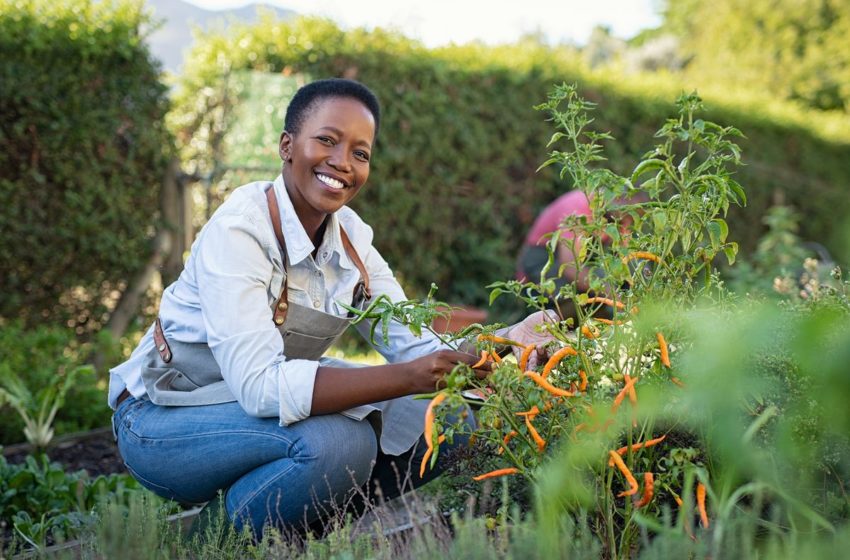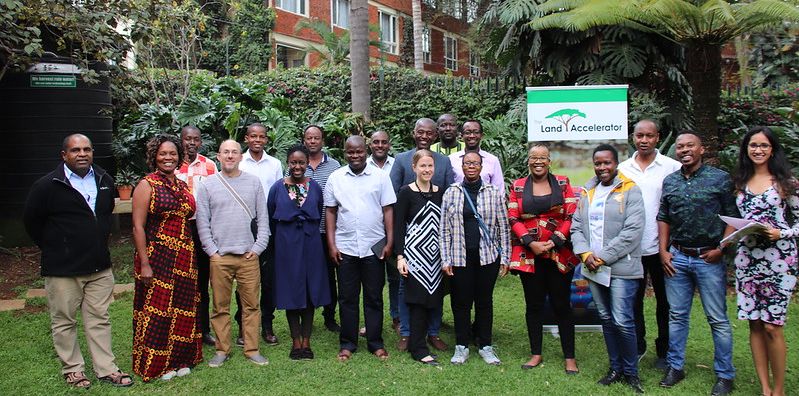
How a RESTORATION ECONOMY CAN INCENTIVIZE GROWING TREES
How is it possible for us to simultaneously fight climate change and enhance food security? Can there be a means for all of us to safeguard wild life whilst creating tasks? Think about superior atmosphere and water quality?
The clear answer: landscape recovery.
Restoring degraded property by growing trees from woods and on farms not just impacts the setting, it’s also a significant financial opportunity for folks living in metropolitan places. Trees which protect and grow crops such as cocoa and coffee, as an instance, provide a lifeline for communities and help them make use of sustainable distribution chains.
The worldwide recovery movement has been directed and financed primarily by authorities who’ve vowed to reestablish more than 170 million hectares of degraded land — a region the size of Libya — during alliances such as AFR100 at Africa and also Initiative 20×20 from Latin America and the Caribbean. But that governmental commitment has never been matched with private business enthusiasm. To unlock this financing, recovery should deliver a monetary yield.
In WRI, we’re attempting to earn restoration profitable and effective at bringing investment. By producing the financial circumstance, we’re catalyzing a expanding space with the capability to deliver substantial financial, ecological, and societal returns. The recent statement of challenging apps just like the Priceless Planet Coalition, that intends to cultivate 100 million trees, and also the worldwide Trillion Trees coalition will be giving the movement a brand new breeze.
Luckily, WRI is working independently to create this fresh recovery market. A huge selection of entrepreneurs — more than 500 in Africa alone — have been hard at work looking to help make the recovery of property a more rewarding and practical job.
However, the road forward isn’t simple. Even the Roots of Prosperity report found that there are serious hurdles why these lenders will need to conquer scale upward. Specifically, entrepreneurs lack access to this resources, training, and training they wish to be successful, in addition to the technical training they will need to pitch investors effortlessly and build strong company aims, and also share their job.

This is exactly the reason why we established the Land Accelerator, a boot camp for entrepreneurs whose organizations revive property, create tasks, and develop into a profit. The 26 fellows at Africa who have successfully completed the Land Accelerator, such as Mavis Nduchwa of all Kalahari Honey, whose firm sells highquality honey products increased under a variety of trees at arid Botswana, have to date raised more than $500,000. To build on the momentum, We’re continuing the Land Accelerator at Africa and enlarging the program into Latin America and South Asia.
All these entrepreneurs have motivated us to measure up our attempt to cultivate that market, and we expect their stories may inspire one, too. One of earth’s most advanced businesses attended out of phases of catastrophe. For those who might have a concept for a small business which corrects the planet earth, this can be the moment where economy chance suits planetary need. For a true restoration market to blossom, we want tens of thousands of people combined to create a brighter future.